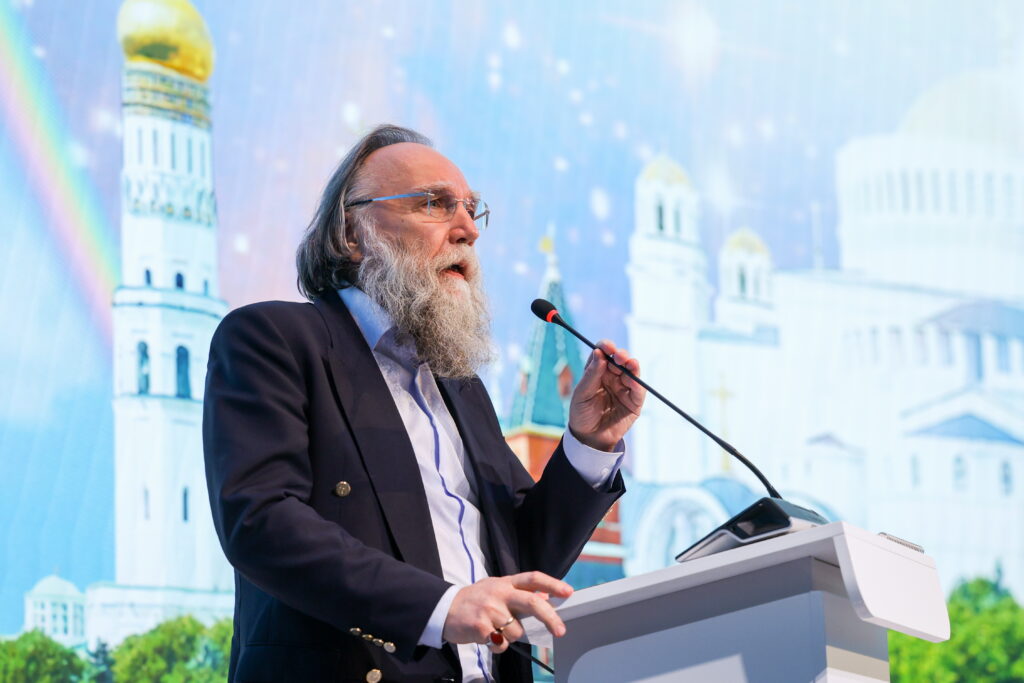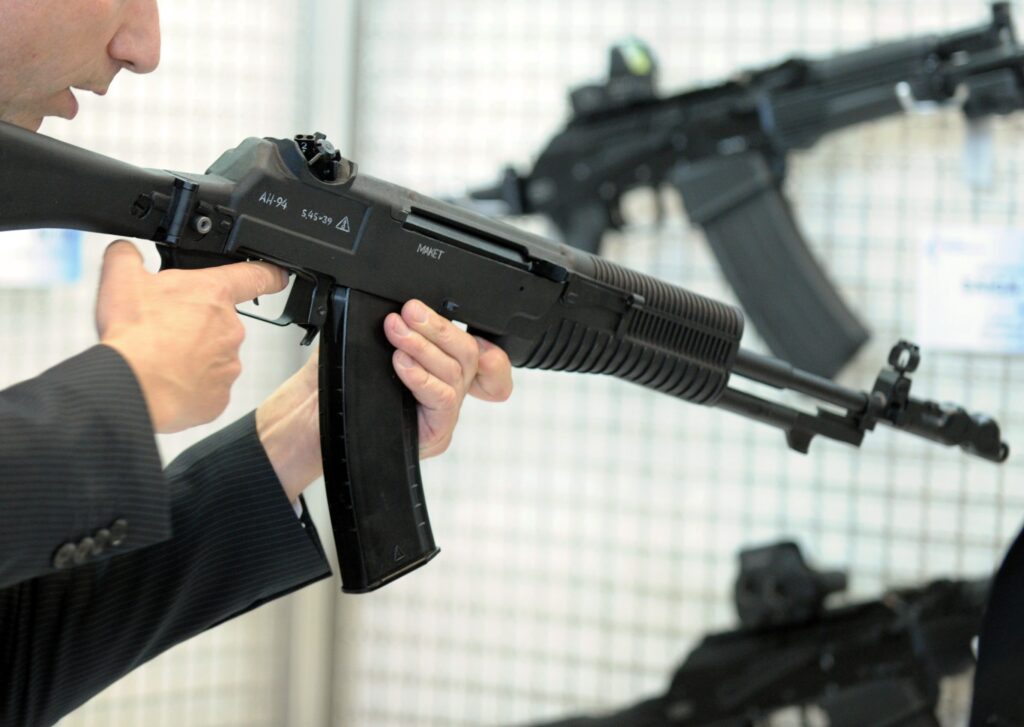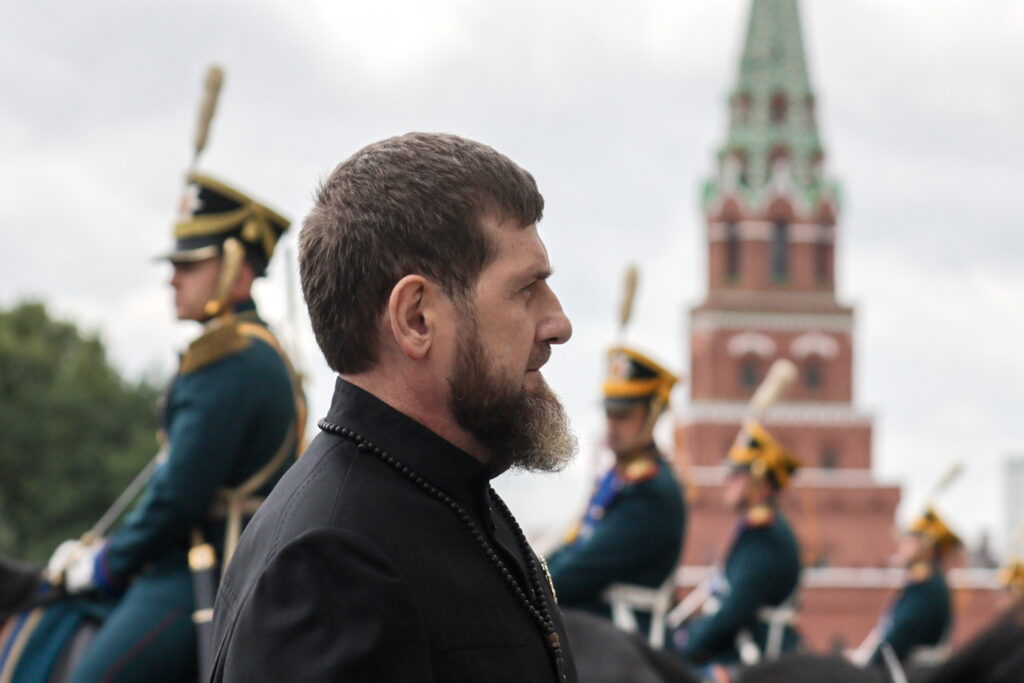The year 2024 has shown that Russia’s influential clans and groups are tired of demonstrating phony «cohesion» and unity, rallying around the flag, the policies of the Kremlin and Vladimir Putin personally. Conflicts within the elite have occurred before, but they were usually swept under the carpet and resolved by the arbitration of the country’s top leadership. Widespread mudslinging and attacks with the help of friendly security forces used to be very rare, and when they did occur, they did not involve the most important representatives of groups and clans. Armed clashes over the redistribution of resources were out of the question. The outgoing year saw major conflicts, one of which resulted in the actual defeat of a powerful clan and others in the violation of inter-elite agreements. Gunfire could be heard in the center of Moscow, something unheard of since the 1990s.
The clan of former Defense Minister and current Security Council Secretary Sergey Shoigu no longer exists in its previous shape and form. Many of his close associates are currently behind bars, and some, such as Ruslan Tsalikov, a public official once close to Shoigu, have not received the appointments/have not received the promotions and immunity they wanted, despite/in violation of prior agreements. The attacks on Shoigu and his entourage began as early as 2022, and the main battering ram of these attacks was none other than Yevgeny Prigozhin, the founder of PMC «Wagner». He criticized the then Defense Minister for ineptitude and delays in arms deliveries. The group around Rosgvardiya leader Viktor Zolotov wanted to remove Shoigu from the office. They had thought of a candidate ready to fill in Shoigu’s ministerial post: the governor of the Tula region, ex-deputy Defense Minister and former presidential security guard Alexey Dyumin. Apparently, this group did not have enough resources to carry out their plan and to oust Shoigu. Following Prigozhin’s mutiny and his death, the group lost its main battering ram in the media. Shoigu and his clan were ousted after the former minister criticized the work of ROSTEC, which is headed by Sergey Chemezov, a member of Vladimir Putin’s inner circle. Repressions followed media attacks: in the spring, Deputy Defense Minister Timur Ivanov was arrested on corruption charges. The case was opened just before Vladimir Putin took office again and appointed a new government. Shoigu’s opponents literally proved to the country’s leader that the minister’s team was corrupt to the core, not to mention ineffective, and that with them out of power the advance of Russian troops would be even faster.
Shoigu, who had hoped to be reappointed, was then out of a job. However, the president gave him a compensatory post, that of a secretary of the Security Council. This is an influential position that allows Shoigu to use the main resource of the Russian elite — access to the president — by organizing regular meetings of the Security Council. Yet for the Shoigu clan, which is used to controlling serious financial flows, this position is neither very appealing nor very familiar. The clan’s last serious asset is under attack: the Moscow region, which is governed by Andrey Vorobyev, the son of Yuri Vorobyev, the deputy speaker of the Federation Council, who is close to Shoigu. Criminal cases are regularly brought against regional government officials, and it is likely that their sheer number will lead to the resignation of the governor himself. The Shoigu clan, once influential and powerful, comparable in power to other groups of influence close to the Kremlin, has become the first victim of internal, inter-species strife.
Another area of struggle is conflicts over control of key resources. The most striking example is the dispute over Russia’s largest marketplace, Wildberries. With the approval of the Kremlin and Vladimir Putin, this company merged with Russ Outdoor, an advertising company close to the state. Influential figures such as Anton Vaino, head of the presidential administration, and his deputy Maxim Oreshkin were involved in the deal. The merger did not sit well with one of Wildberries’ co-founders, Vladislav Bakalchuk, who was in the middle of a divorce from Tatiana Bakalchuk, who had spearheaded the idea of the marketplace. Vladislav Bakalchuk sought help from the head of Chechnya, Ramzan Kadyrov, who promised to ‘solve the problem’. Kadyrov began to publicly threaten the owner of Russ Outdoor, Senator Suleiman Kerimov, who was also involved in supporting the deal. There was a deadly shootout at the Wildberries office. The Kremlin decided not to intervene. The merger has taken place, but Ramzan Kadyrov is still trying to challenge it: his reputation of an influential man who can solve any problem is at stake. Now the media are reporting that Kadyrov has allegedly secured Putin’s approval to take control of Wildberries as a reward for his active mediation in Syria. But even after these publications, the court did not support Bakalchuk’s claim for the return of full control over the marketplace. The matter remains pending. This situation is similar to the attack by Alexander Khinshtein, then a State Duma deputy from the Samara region, on the region’s head, Dmitry Azarov. In 2023, the Kremlin allowed Azarov to stand for re-election and, according to official reports, he won these elections. He left office in 2024 amid criminal cases against his team and media attacks. Khinstein belongs to the group of Rosgvardiya leaders and is affiliated with Viktor Zolotov. As a result, this very group benefited from Azarov’s resignation and Vyacheslav Fedorishchev, who had long worked with Alexey Dyumin, became the head of the rich region with developed industry.
There are three main reasons for clan conflicts. First, Vladimir Putin’s age and passion for war have effectively removed him from arbitration. That is why influential groups settle disputes as best they can — with the help of attacks by friendly siloviki and media. They escalate the conflict to the point where Putin simply has no other choice but to intervene. The presidential administration does not have sufficient authority to resolve such «disputes» because its employees are either members of the influence groups themselves (for example, the first deputy head of the administration, Sergey Kirienko, is close to the Kovalchuk brothers) or do not have sufficient weight within the power apparatus.
Second, the increase in the number and intensity of conflicts is driven by dwindling resources: money is being spent on the war against Ukraine, the economy and business are badly hit by the sanctions. The number of profitable industries and companies is decreasing, so control over the remaining attractive assets becomes a priority issue. The third reason is Putin’s personal conservatism. He is extremely reluctant to change people in the higher echelons of power, so the number of applicants for serious positions has reached a critical mass. In order to get this or that post, you have to start a conflict by attacking the incumbent official. At the same time, the initiator of the attack may not achieve the main goal. For example, it was not Dyumin, but former deputy prime minister Andrey Belousov, who became head of the Defense ministry after the demise of Shoigu.
Against this background, only the most aggressive and persistent groups can win. They will not rest until they have achieved at least the minimum of what they have been vying for, knowing that Putin will either not interfere or succumb to pressure. It is fair to say that Russia’s elites are entering the new year in a state of all-out war. For the reasons mentioned above, the struggle between clans and groups is becoming part of the power vertical’s preprogrammed software.
Putin’s destruction
The Russian president himself and his image have changed dramatically this year. Putin came to power with the help of an image constructed by slick spin doctors. On the one hand, he was a ‘Stierlitz’ — the lead character in a Russian book series written in the 1960s by Yulian Semyonov, and the television adaptation Seventeen Moments of Spring who became a stereotypical spy in Soviet and post-Soviet culture, similar to James Bond in Western culture. Putin cast as Stierlitz was a taciturn spy, a master of cunning moves and special operations. On the other hand, Putin was a macho man who posed with a naked torso, piloted military aircraft, flew with a flock of cranes, and descended into the depths of the sea only to reemerge with a priceless antique amphora in his hands. Throughout 2024, we saw an elderly man who struggles to give clear answers to questions and is in general not very articulate. He constantly tells silly stories and jokes, for example, during the recent «Direct Line with Vladimir Putin» press conference and Q&A session he talked about porno films, and at a meeting of the State Council he talked about sperm. Vladimir Putin recalls salacious details of conversations with world leaders (Putin and Japan’s prime minister allegedly discussed sperm over sake) and Russian politicians of the past. He proposes high-tech duels to the countries of «the West» and calls the war «some hullabaloo.» This is no longer a Stierlitz, who could keep his mouth shut. For a long time, the president did not appoint his relatives to influential positions; this was one of the main conditions for being an arbiter and guarantor of the interests of the Russian elites. In 2024, the husband of Putin’s niece Anna Tsivileva, Sergey Tsivilev, became Minister of Energy, and Tsivileva herself became Deputy Minister of Defense. This couple is active and behaves quite aggressively. Anna Tsivileva is engaged in her PR campaign, and her husband proposes to merge the largest Russian oil companies into one monster-corporation, which will supposedly help to effectively circumvent sanctions. This behavior is infringing on the interests of influential groups and players, such as, for example, the head of ROSNEFT’, Igor Sechin, or the head of GAZPROM, Alexey Miller.
In 2024, Vladimir Putin turned out to be his opposite in all these avatars. Instead of a macho man, arbiter and guarantor, the public (both Russian and global) saw a verbose, talkative pensioner who simply could not keep a secret. This combination of personal qualities will be Putin’s main problem in the coming year. The president’s age has been one of the main grievances Russians have against him in opinion polls for some time now, and there are more and more details that bring it into stark relief.
Ideological deadlock
After almost three years of full-scale invasion, the country’s top leadership has yet to give citizens some clear and comprehensible reasons for launching the war and its goals. Officials, including the president, keep talking about the «demilitarization» and «denazification» of Ukraine without explaining what these words actually mean. As a result, society is not fully involved in the war, and people who volunteer for the front do so mainly for the sake of a hefty paycheck they have been promised. The government understands this, and multimillion-ruble payments are the core motive of the advertising campaigns of the contract military service. Quasi-ideological tropes of «traditional values» appear in Putin’s speeches, and there is talk of building a «multipolar world» and of Russia as a «state-civilization». However, these statements lack the key element of an ideology — the image of the future. When the war ends, the propaganda machine will run out of fuel. Russians are already dissatisfied as is with rising prices, but this is only a backdrop for the latent fears of a new wave of mobilization and full involvement in hostilities. When the main fear disappears, it is quickly replaced by social discontent, and the authorities have yet to figure out how to quell it.
Instead of trying to understand society, the Kremlin is more concerned with ensuring impressive percentages at the polls. This year, the political bloc of the presidential administration has perfected the system of corporate mobilization for elections and their direct falsification. According to official data, Vladimir Putin received 87% of the votes after the presidential campaign, with an 80% turnout. At the same time, the officially announced KPI was much lower: 75% of the votes in favor and a 75% turnout. In Moscow, the Kremlin’s technologies are being honed and chiseled through the ubiquitous use of electronic voting, and the city of protest has already turned into a stronghold of power (according to official figures, of course). In this year’s Moscow City Duma elections, the electoral commission awarded victory in all single-mandate districts to government candidates or to pre-agreed representatives of the systemic opposition.
By 2024, Putin’s regime has accumulated a gamut of problems that are nearing a tipping point. The economy is increasingly affected by sanctions, and the dwindling pool of resources has become one of the causes of intra-elite conflicts. Because of his age and his obsession with war, his interest in fertility issues and his amateur studies in pseudo-history, Putin is hardly involved in moderating these conflicts. The image of a strong leader, on which the power vertical is based, is also beginning to crumble. The Kremlin has no other ideology to offer. Before the war, the Russian authorities were quite successful in exploiting the issue of stability, and they are trying to continue doing so after the outbreak of hostilities, but it is clear to everyone that stability in the country is now out of the question. In this sense, the end of the war could be almost as big a crisis for the Kremlin as its onset. The elites will be waiting for the return of conflict moderation, the citizens for a clear explanation of what it was and, most importantly, what to expect next. It seems that Vladimir Putin will not be able to meet any of these needs and expectations, nor answer any of these questions.










